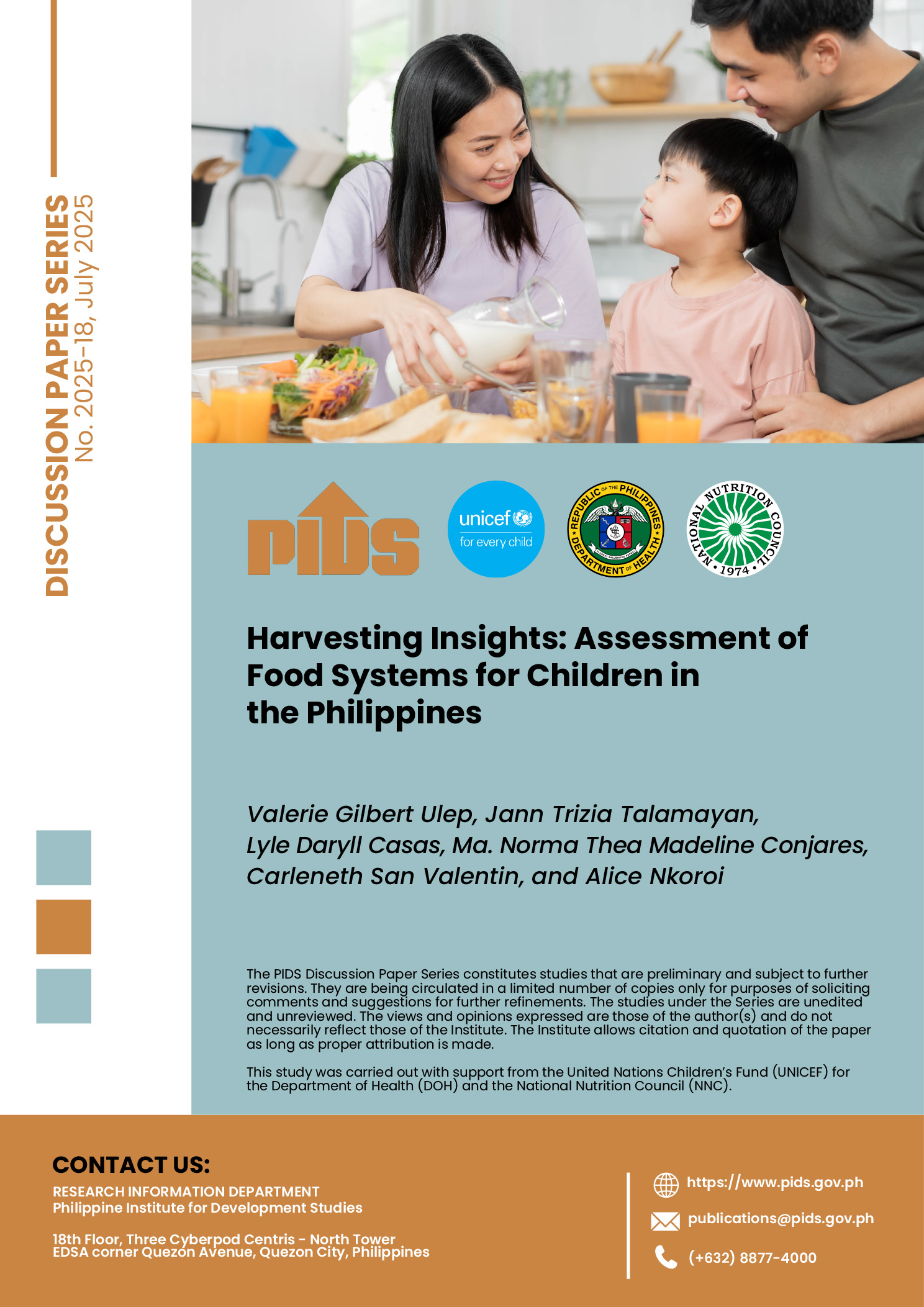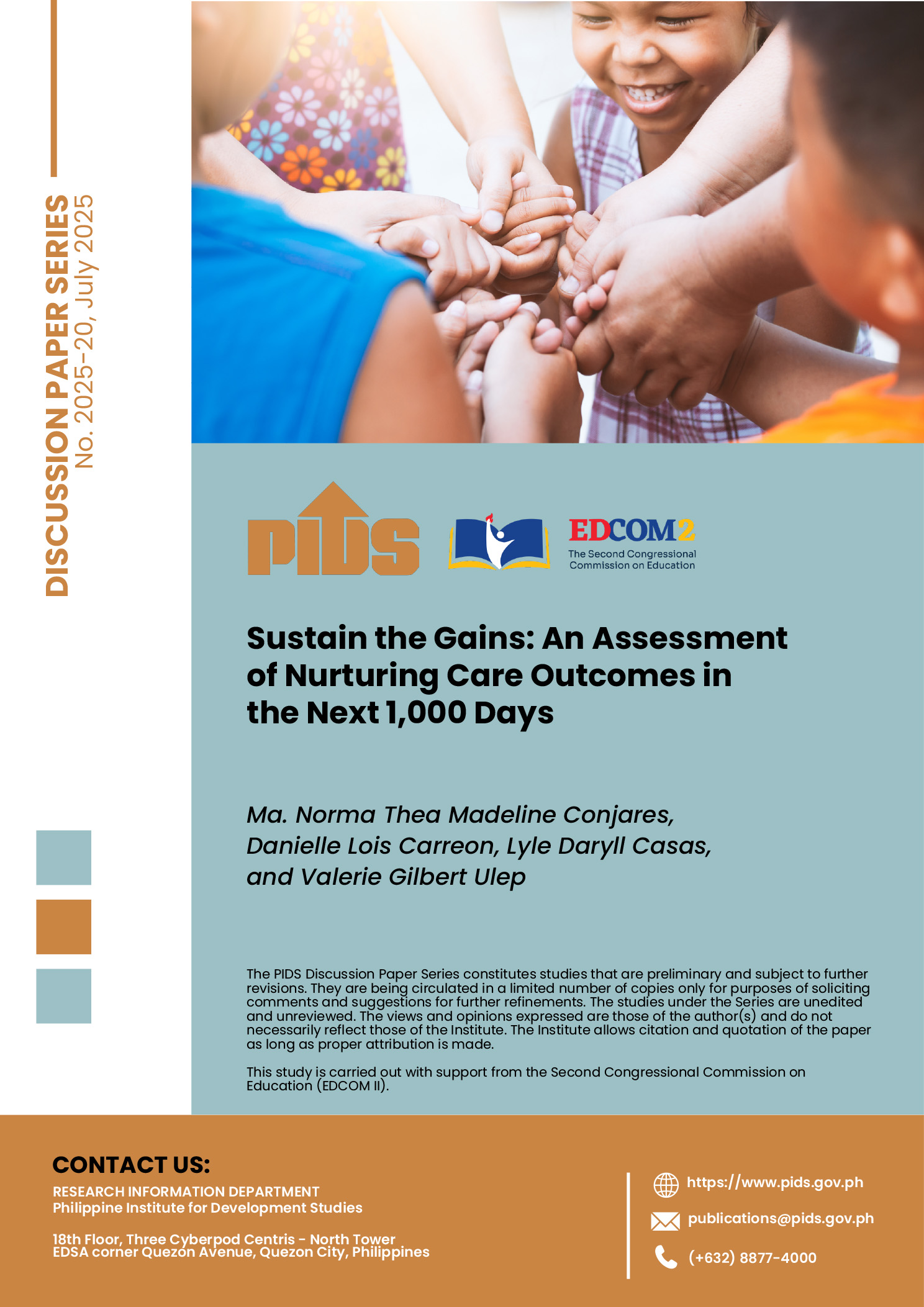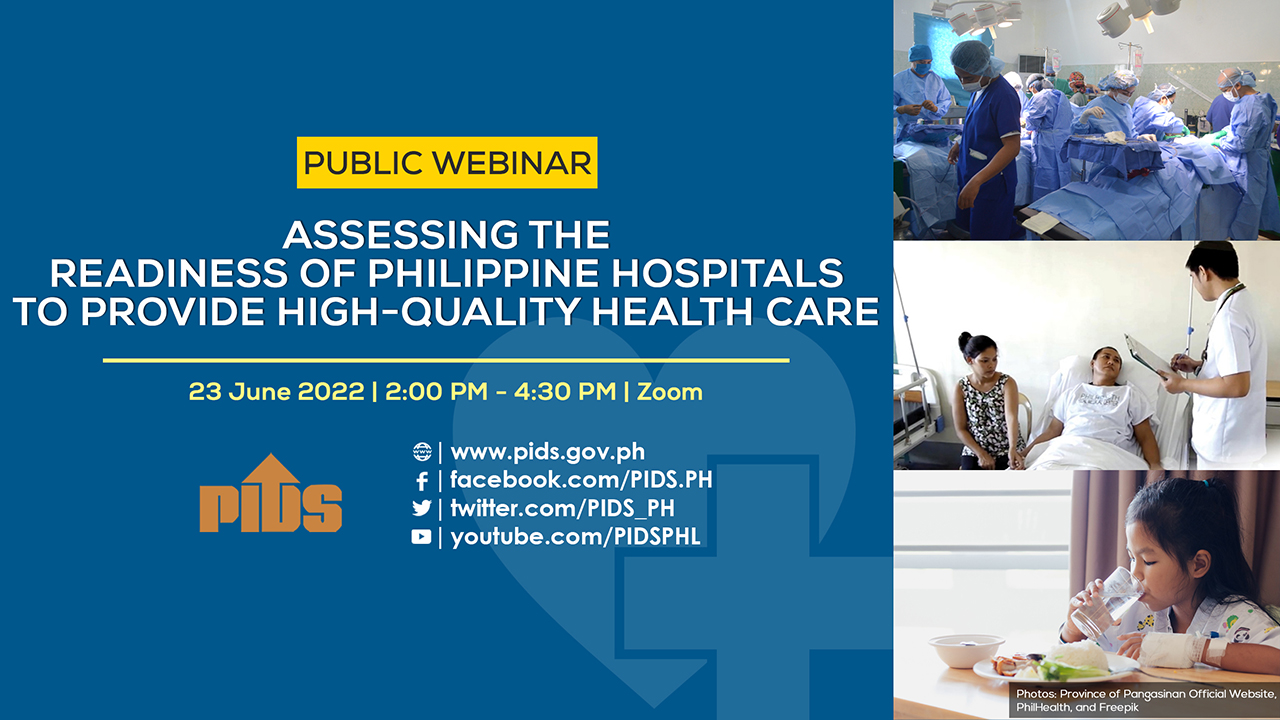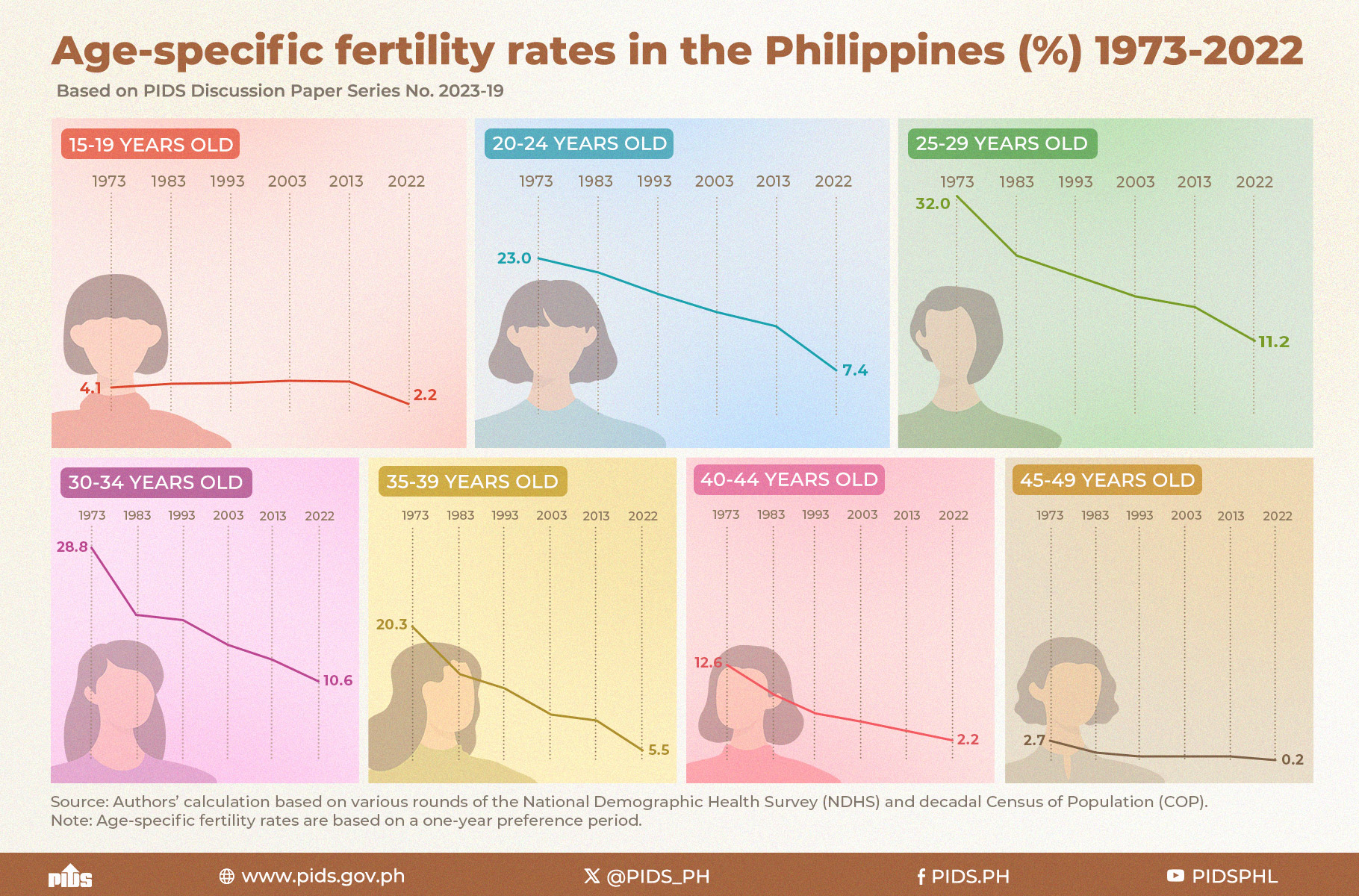The Philippines has an alarmingly high rate of premature cancer deaths, a senior government researcher said.
“If you look at the data in the Philippines, the rate of premature deaths is too high,” said Valerie Ulep, a senior researcher of the government Philippine Institute for Development Studies (PIDS), at the Kapihan forum on Aug. 30.
Ulep noted that the rate of premature deaths due to cancer in the Philippines is excessively high compared to other countries.
“Let’s look at cancer in terms of premature deaths,” Ulep said. “We’re even higher than Cambodia,” he added.
In Singapore, Ulep noted that the rate of premature deaths due to cancer is only 30 to 40 percent in comparison.
Ulep noted that out of the reported 25,000 cancer cases every year in the Philippines, 9,000 to 9,500 are breast cancers.
He then sounded the alarm on the high rate of premature cancer deaths in the country, noting that 50 to 60 percent of cancer deaths are “premature” or those that could have been prevented.
Women dying
Many women in the Philippines are dying from breast cancer during their peak years of productivity, Ulep said based on the results of his team’s study.
“If you look at deaths in the Philippines, many are dying at the peak of their careers,” Ulep said. “Imagine, they die at the peak of their productivity,” he added.
Ulep’s team also found out that at least 9,000 cancer patients die every year in the Philippines.
“If half of these deaths is premature, or preventable, then more than 4,000 people die yearly when these deaths could have been avoided,” Ulep said.
Chances of survival
Ulep explained that cancer survival rates are mainly determined by the type of cancer and its stage.
However, he pointed out that “early detection increases the chance of survival.”
Ulep cited studies suggesting that 10 percent of cancer cases are due to genetic disorders, while the remaining 90 percent are linked to factors such as lifestyle and diet, many of which could be “preventable.”
“A big chunk of them could be prevented with proper management and detection,” Ulep said.
At the same forum, UERM Oncology Department head Edgar Christian Cuaresma explained that cancer’s impact is massive on patients. “It is life-changing,” he said.
He also agreed with Ulep in emphasizing the importance of “early detection” which can raise the survival rate to as high as 90 percent in some cases.











